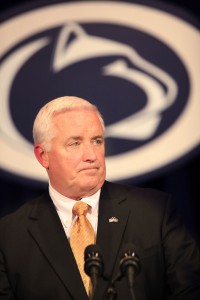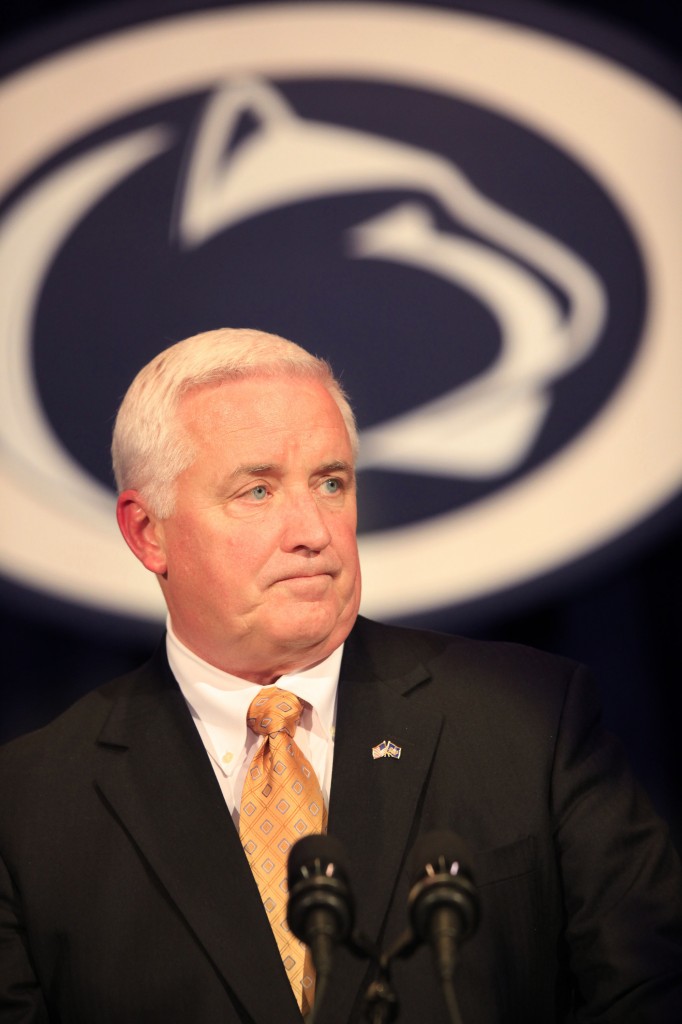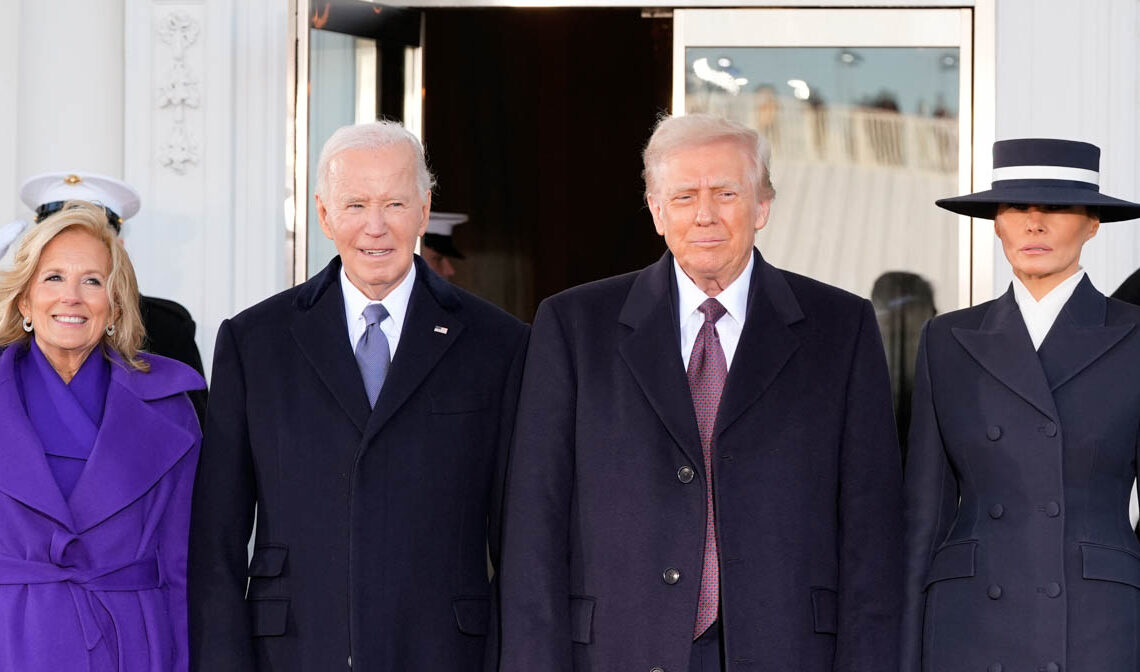By Josh Einbinder-Schatz
Photo/Graphics Editor
Pennsylvania Governor Tom Corbett is challenging the power of the NCAA, with a lawsuit announced Wednesday, Jan. 2. He is claiming the NCAA is going outside of its authority by imposing excessive sanctions on Penn State over the Jerry Sandusky scandal.
Penn State was fined an unprecedented $60 million, banned from bowl games for four years, and denied scholarships. In addition, the 14 years of victories under head coach Joe Paterno were erased from the record books.
Corbett asked a federal judge to throw out the sanctions, arguing that they are harming many, including students and business owners who had no part in Sandusky’s crimes.
“A handful of top NCAA officials simply inserted themselves into an issue they had no authority to police under their own bylaws and one that was clearly being handled by the justice system,” Corbett said at a news conference.
Penn State is not a part of the lawsuit, which is an antitrust suit filed in federal court. When the university accepted the sanctions handed down from the NCAA, they also agreed not to sue. Antitrust litigation is legal action to stop monopolies and unfair business practices in order to encourage competition and ensure equal opportunity in the marketplace.
Up until now, federal courts have allowed the NCAA fairly broad powers, in order to protect the integrity of college athletics. However, criticism of the NCAA, and of the integrity of major college athletics, is still common, as are scandals involving major athletic programs. The majority of the scandals involve improper benefits received by players, fraudulent grades, and point shaving.
It is commonplace to see people calling for reform in the NCAA, and some people believe that this lawsuit may be a good thing, and that the NCAA overstepped its boundaries with the sanctions against Penn State. Later, G. Terry Madonna and Michael L. Young called the NCAA “an out of control regulatory body.”
“I like that the state saying they’re not just going to let the NCAA do whatever they want,” senior Evan Clark. “As far as I’m concerned, what Penn State got is worse than the death penalty.” The death penalty is when the NCAA bans a school from competing in a particular sport for at least one year. It has only been dealt to one football program in the history of the NCAA.
When the NCAA first announced the sanctions on Penn State, Corbett supported them and called them a part of the “corrective process.” He has since defended his change of heart by saying, “My thought process at the time was, well, if you belong to an association, you have to play by the rules of the association…We looked at the rules of the association and we think that the association didn’t play by the rules.”
Many people also believe Corbett is suing for the wrong reasons. As attorney general, Corbett was criticized for dragging his feet and taking too long with the investigation of Penn State and Sandusky.
The lawsuit is considered likely to fail. ESPN even went as far as calling the suit, “doomed.” Also according to ESPN, “There are two basic legal rules that are likely to result in an early dismissal of Corbett’s lawsuit. The words that describe these legal rules are ‘standing’ and ‘waiver.’”
“Standing” refers to Corbett’s stake in the lawsuit, and how it affects him. His claim is that as Governor, the sanctions have a large impact on the “state revenue base.”
“Waiver” refers to Penn State’s consent to the sanctions, and their waving of the right to question the sanctions.








